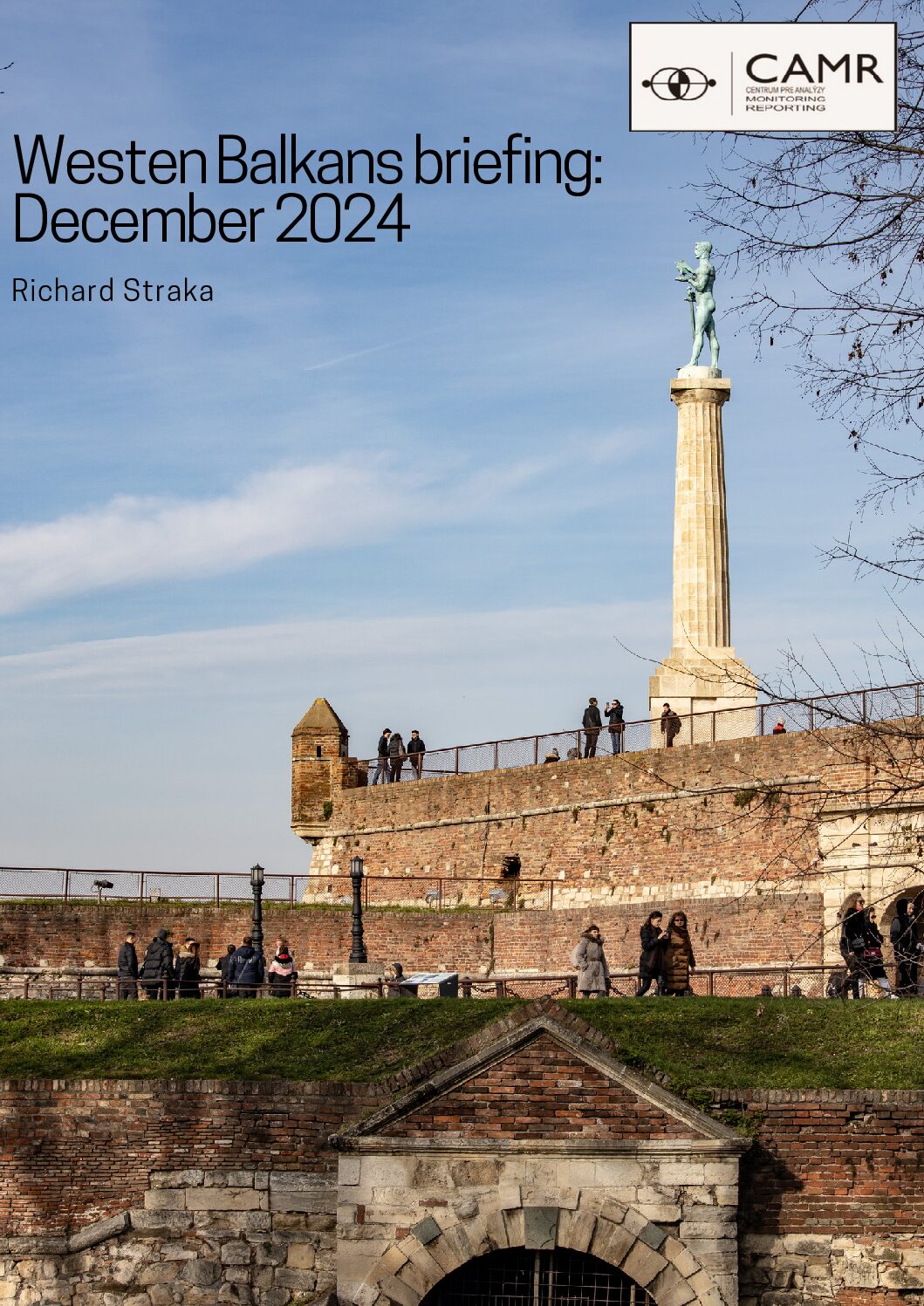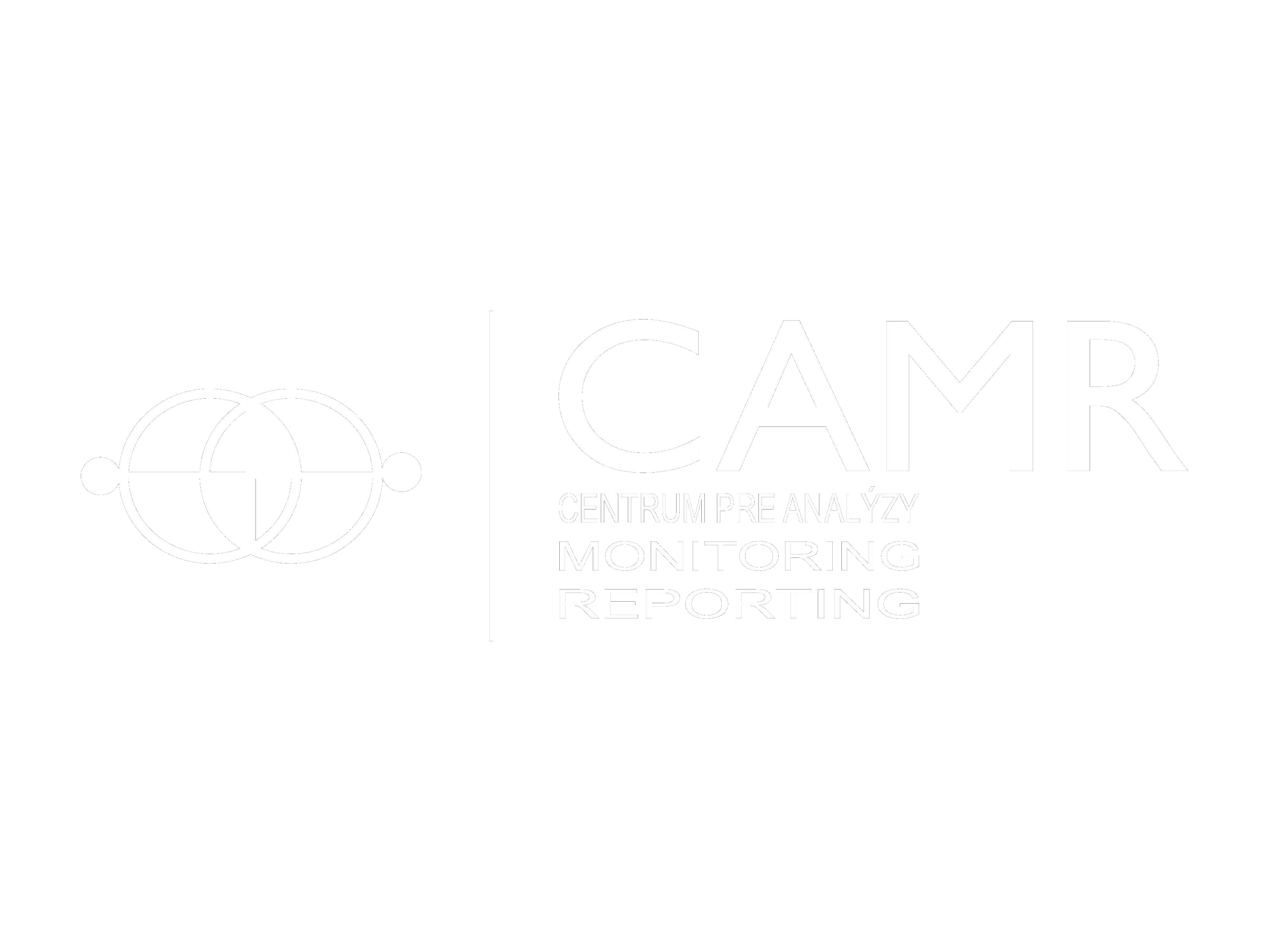More than a farewell visit to the Balkan region
Ahead of the next EU-Balkans summit and in her last month as Chancellor, Angela Merkel made her last visit to the Balkan region. Germany supports six countries aiming to integrate into the European Union, but the membership process has a „long way“, which was a message to Balkan leaders during her farewell visit.
During her first visit to the Balkans in 2005, she stressed the necessity of new perspectives for the region after the bloody conflicts. The new perspectives, however, are not finding a way to progress. The region has a perspective of integration into the European Union, but the membership process will indefinitely remain an illusion. Lack of rule of law, high-level corruption, authoritarian tendencies of some leaders and a lack of free media are all reasons for the delays.
At the end of her rule, Merkel can only appeal to the European Union and guarantee that the Balkan region will be a matter of the heart even for her successor, the new chancellor. The region should be an important issue for European leaders as the lack of Western involvement in the region increases the appetite for the political and economic influence of major powers such as Russia, China, and Turkey.
For the German Chancellor, the stability of the region after the bloody conflicts has been important (DW, 2021). This has been achieved during Merkel´s rule, but major issues have still not been resolved which may be exacerbated after her removal.
In the Kosovo-Serbia dialogue, even after more than a decade of negotiations, the parties have not reached a comprehensive agreement and the conclusion of this dialogue remains unclear.
In Belgrade, Merkel stressed that the issue of recognizing Kosovo’s independence, when it comes to Serbia is an issue that will be resolved „at the end of the process“. She was referring to the example of Germany and the duration until the two plus four agreement was reached (DW, 2021). She called for the resolution of the conflict with Kosovo to be a condition for membership and it is clear also to President Vučić that resolving the Kosovo issue remains a condition for Serbia’s EU membership.

In the relations between the two countries, the chancellery is known for its clear stance on the inviolability of borders in the Balkans, which opposed the proposal of exchanges of territories between Kosovo and Serbia in 2019. This was also accepted by the European Union.
A turbulent situation prevails in Bosnia and Herzegovina and Montenegro where political leaders play with the cards of nationalism provoking political stability. Merkel visited Belgrade and during her stay in Tirana met with the prime ministers of the six Western Balkan countries, who emphasized her unwavering commitment to the region’s EU integration although such an epilogue was not achieved during its 16 years in the office.
„EU member states must always keep in mind, that it has an absolutely strategic interest for us, for these countries to be integrated into the EU” she declared in Belgrade (Grieshaber, 2021). This means that there will be influences from other regions of the world to these countries.
She congratulated Albania on its recent years´ efforts to restructure the justice system, emphasizing that Albania and Northern Macedonia have met the standards to start accession negotiations. However, this was made impossible by a veto from Bulgaria, she stressed the German support for this process even her term in the office finishes (Kryeministria.al, 2021).
 In Albania, Merkel’s visit is controversial political analyst Andi Bushati do not consider it support for the country. He emphasized that the chancellor is known for the pressure, she has exerted on the eight-year government led by Prime Minister Rama (Bushati, 2021).
In Albania, Merkel’s visit is controversial political analyst Andi Bushati do not consider it support for the country. He emphasized that the chancellor is known for the pressure, she has exerted on the eight-year government led by Prime Minister Rama (Bushati, 2021).
The Berlin Process or the Open Balkans?
During her term, Merkel was the author of the ‚Berlin process‘ in 2014, which aimed to create a regional organization to normalize regional relations in the field of infrastructure, economy and youth exchanges based on the German French model. But the Prime Minister of Albania, Northern Macedonia and the Serbian President are the initiators of a new initiative in the region called „Open Balkan“. The Prime Minister of Albania Edi Rama alludes that the Open Balkan initiative derives from the Berlin Process and it is not in contradiction with it. „It is a mechanism to accelerate the Berlin Process,“ Rama said (Kraja, 2021). But the number of states participating in the Open Balkans is in contradiction with the participation of states in the Berlin Process. The initiative is not supported by Kosovo, Montenegro and Bosnia and Herzegovina. The more cooperation there is between the states the better for the region, suggests the German leader as she supports the regional common market project. The focus, however, remains on her initiative founded in 2014 because ‘the more you cooperate the more powerful the Berlin Process will be’ said Merkel (Kraja, 2021). Therefore, Open Balkan is an initiative that does not replace the Berlin process.
Chancellor Merkel completes her political mission in Germany with messages calling for cooperation between the countries of the Western Balkans. She enjoyed the respect of the people of the Balkans because she was considered a leader who leads with political unity, successful economic management and was supportive of the Euro-Atlantic processes of the region.
„My heart beats for this region, even though I will not be able to carry out the same task as before,“ Angela Merkel (Kryeministria.al, 2021).
But the integration of the Western Balkans into the family of 27 member states of the European Union remains an unfinished mission of Angela Merkel. The path towards the EU remains a difficult process that the next German chancellor will find.
Author: Fitore Fejza
Sources:
Photo Source: Balkan News. (2021). Montenegro closer to the EU. 14. 09. 2021 (https://balkans.news/2021/09/14/montenegro-closer-to-the-eu/).
Photo Source: Predrag Milosavljevic/Xinhua. (2021). German Chancellor Angela Merkel visits Serbia. Xinhuanet. 14. 09. 2021 (http://www.news.cn/english/2021-09/14/c_1310186017_3.htm).
Photo Source: Bundeskanzleramt in European Western Balkans. (2021). Balkan discussed during Merkel’s Tirana visit. European Western Balkans. 15. 09. 2021 (https://europeanwesternbalkans.com/2021/09/15/relationship-between-berlin-process-and-open-balkan-discussed-during-merkels-tirana-visit/).
Grieshaber, Kristen (2021), Merkel: Integration Balkans into EU is strategic for both. Madison.com. (https://madison.com/news/national/govt-and-politics/merkel-integrating-balkans-into-eu-is-strategic-for-both/article_4a781ff8-b83c-5b8a-bf86-f8f889240c1c.html).
Top Channel. (2021), Vizita e Merkel në Tiranë, Bushati në Open: Kancelarja ka ushtruar presion ndaj qeverisë Rama për 8 vite. Top Chanel. 14. 09. 2021 ( https://top-channel.tv/2021/09/14/vizita-e-merkel-ne-tirane-bushati-ne-open-kancelarja-ka-ushtruar-presion-ndaj-qeverise-rama-per-8-vite9/).
- (2021). Ballkani drejt pasigurisë pa Merkelin? Dw.com. 15. 09. 2021 (https://www.dw.com/sq/ballkani-drejt-pasiguris%C3%AB-pa-merkelin/a-59187474).
Kraja, Gresa. (2021). Merkel mbështet nismën Ballkani i Hapur. 14. 09. 2021 (https://www.evropaelire.org/a/angela-merkel-ne-shqiperi-/31459462.html).
Kryeministria.al. (2021). Joint press conference by Prime Minister Edi Rama and the German Chancellor Angela Merkel. Kryeministria.al. n. d. (https://kryeministria.al/en/newsroom/41828-2/).




















